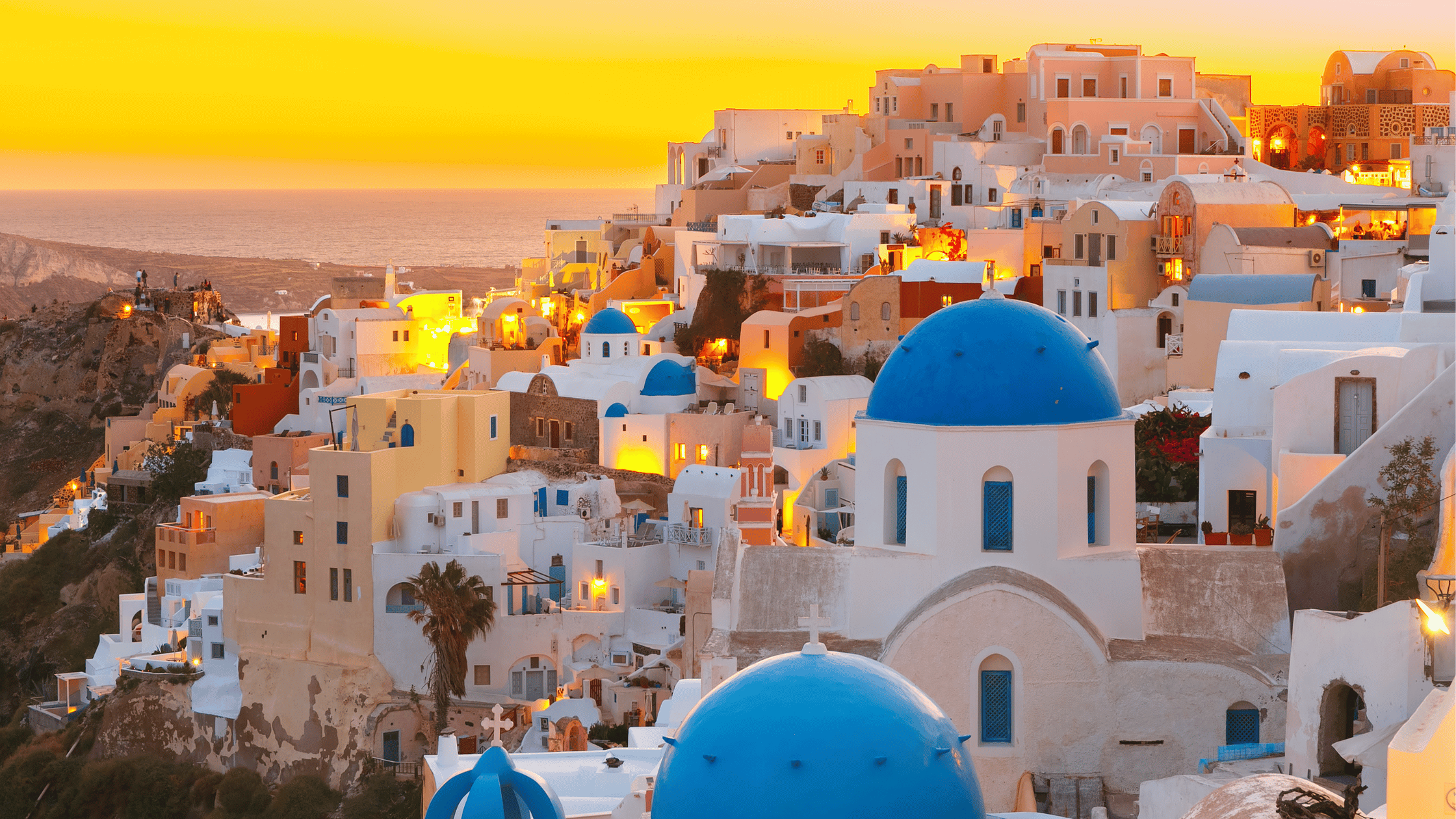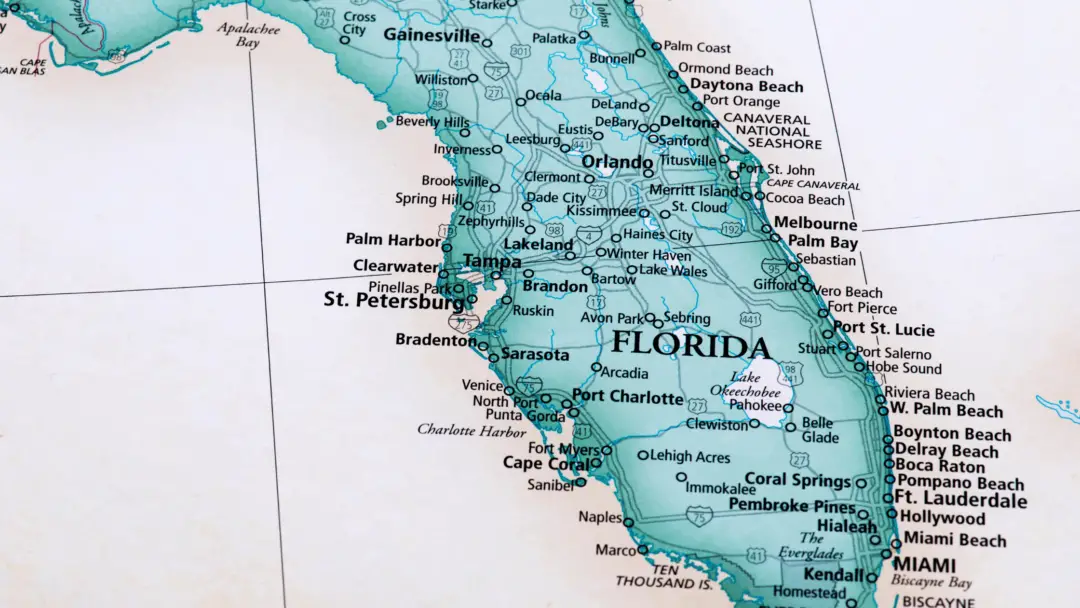Greece offers a unique blend of cultural and historical experiences that can be explored through its popular hobbies.
From exploring ancient Greek literature like Homer’s Iliad and Odyssey to engaging in traditional crafts such as ceramics and leather goods in Athens, you’ll find a rich tapestry of activities that connect you to Greece’s storied past.
Understanding and participating in these hobbies allows you to delve deeper into the essence of Greek culture.

Dancing and music are integral parts of Greek traditions, often seen in festivals and local celebrations.
Participating in these customs offers you a lively way to immerse yourself in the local culture and truly experience the vibrancy of Greek life.
Modern Greeks continue to honor their heritage with these practices, making it easy for you to join in and get started with just a bit of curiosity and enthusiasm.

For those interested in everyday ancient artifacts, there is a wealth of objects from ancient Greece that still hold cultural significance.
Whether it’s through visiting museums or engaging with local historians, these hobbies provide a tangible connection to the ancient world, enriching your understanding of Greece’s extensive history.
Cultural Pastimes and Ancient Influences

The rich tapestry of Greek culture is woven with threads of ancient stories, philosophical thought, and remarkable archaeological achievements, each contributing to the country’s vibrant heritage.
Stories and Mythology
Greek mythology is an intricate part of Greece’s cultural pastimes.
Tales of gods, heroes, and mythical creatures have been passed down through generations. Notable works by Homer such as “The Iliad” and “The Odyssey” delve into epic stories that continue to captivate audiences.
Rituals and sacrifices were common practices dedicated to gods like Zeus and Athena.
These stories often explain natural phenomena and teach moral lessons. Attending reenactments and festivals today allows you to experience these ancient narratives firsthand.
Philosophical Heritage
Ancient Greece is the birthplace of Western philosophy.
Philosophers such as Socrates, Plato, and Aristotle have profoundly influenced modern thought. Their teachings on ethics, politics, and metaphysics continue to be studied worldwide.
Philosophical discussions were a common pastime among the ancient Greeks, who valued intellectual exploration. Engaging in modern philosophical dialogues or visiting places like the Agora in Athens can connect you with this rich heritage.
Archaeological Sites and Temples
Exploring archaeological sites gives you a direct link to ancient Greek culture.
The Acropolis in Athens, with its iconic Parthenon, offers a glimpse into ancient art and architecture. Each temple and site tells the story of the civilization that once thrived there.
Delphi, home to the Temple of Apollo, was considered the center of the world in ancient Greek religion.
The Delphic Oracle played a crucial role in decision-making for both individuals and city-states. Visiting these sites helps you understand the significance of religious and cultural practices in ancient Greece.
Modern Hobbies: Leisure and Entertainment

Modern hobbies in Greece blend rich traditions with contemporary fun, providing a unique blend of cultural experiences.
From engaging music and dance to diving into culinary delights and discovering artistic crafts, there’s always something exciting to explore.
Music and Dance
One of the key aspects of Greek leisure is music and dance.
Traditional music is often heard at festivals and gatherings, involving instruments like the lute. You can enjoy live performances of folk songs and folk dances that have been passed down through generations.
Additionally, modern music festivals in Greece, such as the Ejekt Festival in Athens, draw large crowds.
Open-air music events thrive during the warmer months, making them perfect for both locals and tourists to experience the vibrant music scene.
Culinary Exploration
Greece’s diet is renowned for its healthy and delicious options.
Exploring Greek cuisine offers a great recreational activity. Start with traditional ingredients like vegetables, seafood, and olives.
Join local cooking classes to learn how to prepare authentic Greek dishes. You might enjoy making classics like moussaka or seafood dishes featuring freshly caught fish.
Olive oil, a staple in Greek cooking, is used generously, enhancing the flavors of every meal.
Artistic Crafts and Shopping
Greece’s artistic heritage shines through its traditional crafts such as pottery, ceramics, and the creation of amphorae.
You can visit workshops in areas like Plaka and Monastiraki in Athens to see artisans at work and even participate in crafting your own pieces.
For modern touches, explore local markets and boutiques offering unique handmade items.
You’ll find everything from traditional souvenirs to contemporary Greek fashion, providing a mix of the old and new. Shopping in these districts not only supports local artisans but also brings home a piece of Greece’s rich cultural tapestry.
Cultural Festivities and Ceremonies

Greece is renowned for its vibrant cultural festivities and ceremonies that embody rich traditions, religious significance, and community spirit.
These events offer a window into the heart and soul of Greek culture, from colorful seasonal festivals to sacred religious observances and elaborate weddings.
Seasonal and Religious Festivals
Greece celebrates a plethora of seasonal and religious festivals that are deeply embedded in its cultural fabric.
One of the most significant is Easter, marked by solemn rituals, midnight church services, and festive feasts. During this period, you’ll encounter age-old customs like dyeing eggs red and baking traditional Easter bread.
Carnival, known as Apokries, is a pre-Lenten festival featuring vibrant parades, elaborate costumes, and traditional dances. This festive period brings communities together in a spirit of joyous celebration.
May Day, a time for celebrating spring, involves flower wreath making and outdoor festivities.
These events not only celebrate the changing seasons but also reinforce community bonds, echoing ancient customs and traditions.
Weddings and Community Celebrations
Greek weddings are grand affairs, rich in customs and traditions.
The ceremonies often begin with a procession to the church, where rituals such as the joining of hands and the crowning take place. Symbolic acts like the sharing of a cup of wine highlight the union and partnership in marriage.
In addition to weddings, local community celebrations play a vital role in sustaining cultural heritage.
Festivals like name days, where individuals named after saints celebrate with friends and family, are common.
These celebrations often include traditional music, dancing, and feasting, fostering a strong sense of community and cultural continuity.
Villages and towns come alive with bustling activities, showcasing the enduring spirit of Greek traditions and communal joy.
Active Pursuits and Athletic Competitions

In Greece, active hobbies have deep roots in history and culture, drawing from ancient traditions to modern-day practices.
Team Sports and Athletic Training
Team sports in Greece boast a legacy that dates back to ancient Sparta and Olympia.
Basketball and soccer are particularly popular today, with local teams and community leagues providing numerous opportunities for participation.
Clubs often offer training programs for all ages, fostering skill development and physical fitness.
Chariot races, once an iconic event in ancient athletic competitions, have evolved into modern motorsport events, reflecting a blend of historical influence and contemporary excitement.
Additionally, martial arts and wrestling, inspired by the training regimens of ancient warriors, remain popular, honing both physical strength and strategic thinking.
Athletic training facilities are widespread, ranging from municipal sports centers to private gyms.
These facilities offer programs that cater to beginners and seasoned athletes alike.
Whether you’re interested in structured team sports or personalized training regimens, Greece provides ample opportunities to engage in physical activities that are both competitive and recreational.
Maritime Activities
Given Greece’s extensive coastline and maritime history, it’s no surprise that activities like sailing and fishing are prominent.
Sailing is more than a hobby; it’s a tradition that dates back to ancient times when maritime prowess was crucial for trade and exploration.
Modern sailing clubs and schools offer lessons and opportunities to participate in regattas, welcoming enthusiasts of all skill levels.
Fishing, both recreational and competitive, remains a beloved pastime.
Coastal towns and villages often host fishing tournaments, fostering community spirit and celebrating local traditions.
Whether you prefer deep-sea fishing expeditions or calm lake fishing, Greece’s diverse waters provide excellent opportunities to enjoy this activity.
Maritime sports like windsurfing and kitesurfing have also gained popularity, particularly in areas with favorable wind conditions.
These sports offer a thrilling way to experience Greece’s beautiful seascapes while engaging in physically demanding and exhilarating activities.
Creative and Performing Arts

Exploring the creative and performing arts in Greece, you’ll discover a rich tapestry woven from ancient traditions and modern expressions.
These arts are integral to Greek culture, influencing everything from daily life to national identity.
Theatre and Dramatic Arts
Theatre has been a cornerstone of Greek culture since the days of the ancient Greeks.
Classical Greek theatre gave rise to many famous plays and genres, such as tragedies and comedies, that continue to influence Western drama today.
Athens is the hub of Greek theatre, where you can visit the ancient Theatre of Dionysus.
Modern performances often draw on this historical legacy, blending traditional scripts with contemporary interpretations.
Festivals like the Athens Epidaurus Festival celebrate this rich heritage with performances in ancient theaters.
Local theatre groups and workshops offer opportunities to dive into the dramatic arts.
Whether you wish to attend performances or participate in workshops, the Greek theatre scene offers a dynamic way to experience both history and contemporary culture.
Literature and Language
Literature plays an equally significant role in Greek culture.
Ancient Greek texts such as Homer’s Odyssey have shaped Western literature. These literary works are celebrated not only for their narrative brilliance but also for their deep exploration of human nature.
Modern Greek literature builds on this foundation, with contemporary authors contributing to a vibrant literary scene.
If you are a literature enthusiast, visiting libraries and literary cafes in cities like Athens can provide insight into Greece’s literary tradition.
Language education is highly valued, and learning even basic Greek can enhance your appreciation of the country’s rich literary heritage.
Bookstores featuring works in both Greek and translated versions offer a practical way to immerse yourself in modern and ancient Greek literature.
By engaging with Greek theatre and literature, you gain a deeper appreciation of a culture that has significantly influenced the arts worldwide.
Exploring Greek Tradition Through Textiles

Greek textiles offer a fascinating glimpse into the country’s rich history and cultural heritage.
Fabrics such as cotton, silk, felt, and linen have long been integral to Greek craftsmanship.
In Athens, traditional craftspeople continue to create beautiful textiles, ensuring the survival of these ancient practices.
The art of weaving is prevalent, with artisans producing intricate designs that often reflect patterns passed down through generations.
The use of cotton and linen is common due to their durability and comfort.
These materials are ideal for the warm Mediterranean climate. You can find cotton and linen fabrics in a variety of traditional garments, including the famous fustanella, a traditional pleated skirt worn by men.
Silk, known for its luxurious feel, is another significant fabric in Greek textile tradition.
Sericulture, or silk farming, has a historical presence, especially in Northern Greece. Artisans use silk to create delicate and elegant clothing and accessories, showcasing meticulous craftsmanship.
Felt is utilized to make durable and warm items.
This fabric is often used in hats and other clothing accessories. The felt-making process involves matting and pressing wool fibers, a technique that has been refined over centuries.
When you visit places like Plaka or Monastiraki in Athens, you’ll discover shops selling handcrafted textiles that highlight these rich traditions.
Engaging with these artisans provides a unique opportunity to appreciate and preserve Greek cultural heritage through textiles.
Travel and Discovery in Greece

Greece offers a wealth of experiences, from ancient historical sites to vibrant local culture. Whether you’re a history buff or looking for a perfect holiday destination, there’s something for everyone.
Historical Pilgrimages
Visiting Greece is like stepping back in time. The ancient Greeks laid the foundations of democracy and philosophy.
In Athens, the Acropolis is a must-see, featuring the Parthenon and the Acropolis Museum, which holds many important archaeological finds.
Venturing outside of Athens, you can explore the Ruins of Delphi, once considered the center of the world in Greek mythology. Here, the Oracle of Delphi provided prophecies that shaped ancient decisions.
Another significant site is the ancient city of Olympia, where the first Olympic Games were held.
The islands also offer significant historical sites. Rhodes boasts the Old City with medieval architecture, while Crete is home to the Knossos palace, linked to the legend of the Minotaur.
Planning Your Greek Adventure
Organizing your trip involves a few key steps.
First, book your flights and accommodation early to get the best deals.
Athens is a good starting point for exploring mainland attractions and joining guided tours.
For a more relaxed experience, consider visiting a Greek island.
The White Streets of Santorini offer stunning sunsets and are perfect for a leisurely stroll. Island hopping is another popular activity, allowing you to explore several islands in one trip.
For those looking to immerse themselves in local culture, engage in activities like truffle-hunting in Metsovo or birdwatching in Lake Kerkini.
Authentic local experiences will give you a deeper appreciation of Greek hospitality and traditions.
Frequently Asked Questions

This section explores traditional activities, the influence of ancient culture, the role of food, and contemporary Greek hobbies.
What are some traditional activities practiced in Modern Greece?
In modern Greece, traditional activities include folk dancing, such as the Syrtaki and Kalamatianos.
Participating in local festivals and religious ceremonies is also common. Many Greeks also enjoy crafts like pottery and weaving, which have been passed down through generations.
How do Ancient Greek cultural practices influence today’s hobbies?
Ancient Greek practices significantly influence modern hobbies.
For example, athletics and sports, rooted in the Olympics, remain popular. Theatre and drama, which originated in ancient times, continue to be a major cultural activity. Philosophical discussions and debates, reminiscent of the teachings of Socrates and Plato, are still valued today.
What role does food play in Greek cultural and hobbyist activities?
Food plays a central role in Greek culture and hobbies.
Greeks take pride in their cuisine, enjoying cooking and sharing meals. Activities often revolve around traditional dishes, like preparing souvlaki or moussaka.
Social gatherings frequently involve cooking, eating, and celebrating together, reflecting the importance of food in their social fabric.
How do current Greek cultural values shape leisure pursuits?
Current Greek cultural values, such as community, family, and tradition, shape leisure activities.
Socializing is a key aspect, leading to hobbies that involve group participation, like local festivals and communal sports. Respect for history and tradition fosters activities like folk dancing and attending historical reenactments.
What are the most common pastimes in Greece today?
Popular pastimes in Greece include visiting ancient sites, enjoying beaches, and engaging in outdoor activities like hiking and sailing.
Greeks also love café culture, spending time in kafenio (traditional coffeehouses). Watching football, participating in local festivals, and practicing traditional dances are widespread leisure activities.
How do historical Greek traditions continue to be observed in contemporary hobbies?
Historical Greek traditions endure in modern hobbies through practices like participating in local festivals. These often have roots in ancient rituals. Folk dancing and traditional music play an essential role in social gatherings.
Craftsmanship, such as pottery and textile arts, continues to be valued and practiced, preserving ancient methods.





